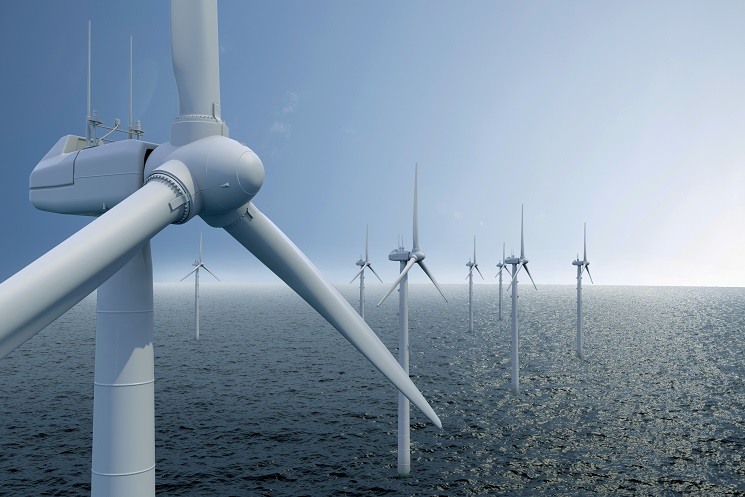In a picturesque farm in Michigan, a once peaceful landscape is turning into a theater of tensions. Here, the question of renewable energies is invited to the family table, whether they like it or not. Between the wind turbines and solar panels that promise a cleaner future, and the agricultural traditions passed down for generations, discussions are lively. Each choice in favor of energy future shakes deeply rooted traditions, sparking a tight debate on sustainability and the identity of this family attached to its land.
In Michigan, a farming family finds itself at the heart of a touching and complex reality related to renewable energies. As the state focuses on a transition to 100% clean energy, this family faces the economic and social challenges of this transition. Michigan’s commitment to this clean energy standard directly impacts their way of life, instilling tensions around sustainable development perspectives and implications for their traditional agriculture. Between hopes and resistances, this scenario highlights the delicate balance between modernity and the preservation of ancestral lifestyles.

The fight for family farming in Michigan
Alice and Tom, a farming couple from Michigan, see their family farm, passed down from generation to generation, plunged into an energy upheaval. The renewable energies, while beneficial for our planet, are not without consequences for those who observe their implementation up close. Government initiatives, under the leadership of Governor Gretchen Whitmer, introduce standards aiming for 100% clean energy. Their farm is designated as a potential site for a wind project. This measure, while positive for combating climate change, faces local realities. Administrative acts, such as the enactment of clean energy standards, create dilemmas in the region.
Divided landowners
At the heart of this beautiful region in Michigan, turmoil intensifies. Families like the Duvals experience a daily life of internal and external debates. The family’s close neighbors share varied opinions, experiencing the energy conflicts in unique ways. For some, these new projects bring the promise of additional income that could, among other things, modernize their agricultural equipment. Meanwhile, for others, it’s the anxiety of watching their landscapes turn into a sea of wind turbines, disturbing the local ecosystem and threatening existing crops. The fervent discussions revolve around the drawbacks of renewable energies, including debates on their potential impact on biodiversity.
Repercussions for the local economy
The rise of renewable energies in Michigan is upheaving not only the agricultural ecosystem but also the local economy. Several farmers like Alice and Tom are beginning to consider turning to economic diversification to support their farm. Some are already harnessing renewable energies on a small scale to supplement their income, but the process is not without financial and administrative obstacles. The community must juggle maintaining efficient agricultural production and integrating new energy initiatives. By visiting sites such as the advantages and disadvantages of renewable energies, farmers are attempting to navigate a world where their support plays a crucial role in the ecological transition.
Articles similaires
Thank you!
We will contact you soon.














